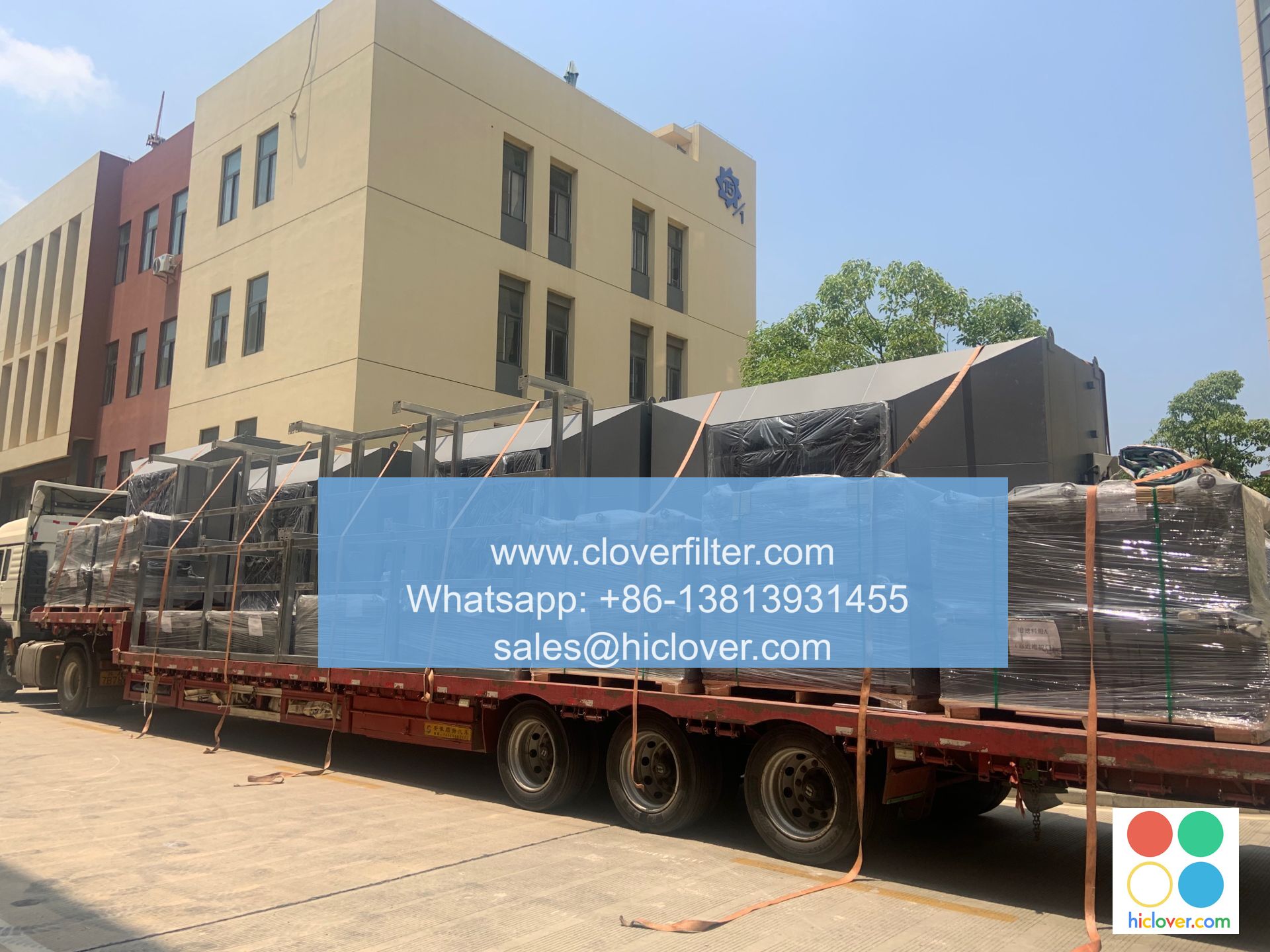The Importance of HEPA Air Filters in Home Air Quality

The Importance of HEPA Air Filters in Home Air Quality
Introduction
Indoor air quality is a growing concern for many homeowners, as it has been linked to various health problems, including respiratory issues, allergies, and even cognitive impairment. One of the most effective ways to improve indoor air quality is by installing a High Efficiency Particulate Air (HEPA) filter. In this article, we will explore the importance of HEPA air filters in home air quality and highlight various application areas.
What are HEPA Air Filters?
HEPA air filters are designed to capture 99.97% of particles as small as 0.3 microns, including dust, pollen, smoke, and other airborne pollutants. These filters are made up of a synthetic material that traps particles through a combination of interception, impaction, and diffusion.
Benefits of HEPA Air Filters
The benefits of HEPA air filters are numerous:
- Improved Air Quality: HEPA air filters capture a wide range of pollutants, including dust, pollen, and smoke, reducing the amount of airborne particles that can exacerbate respiratory issues.
- Reduced Allergy Symptoms: By removing allergens such as dust mites, mold, and pet dander, HEPA air filters can help alleviate allergy symptoms.
- Increased Respiratory Health: HEPA air filters can help reduce the risk of respiratory problems, including asthma and chronic obstructive pulmonary disease (COPD).
- Better Indoor Air Circulation: HEPA air filters can improve indoor air circulation by removing particles that can clog air ducts and reduce airflow.
Application Areas
HEPA air filters can be used in a variety of application areas:
- Residential Air Purifiers: HEPA air filters are a key component of residential air purifiers, which are designed to improve indoor air quality in homes.
- HVAC Systems: HEPA air filters can be installed in heating, ventilation, and air conditioning (HVAC) systems to improve indoor air quality and reduce the risk of respiratory problems.
- Commercial Spaces: HEPA air filters can be used in commercial spaces, such as offices, restaurants, and hotels, to improve indoor air quality and reduce the risk of airborne pathogens.
- Healthcare Facilities: HEPA air filters are particularly important in healthcare facilities, where the risk of airborne pathogens is high.
Choosing the Right HEPA Air Filter
When choosing a HEPA air filter, consider the following factors:
- Filter Rating: Look for a filter with a MERV rating of 17 or higher, which indicates that it can capture particles as small as 0.3 microns.
- Filter Size: Choose a filter that is the correct size for your air purifier or HVAC system.
- Filter Material: Opt for a filter made from a synthetic material that is designed to capture a wide range of pollutants.
- Filter Maintenance: Consider a filter that is easy to maintain and replace.
Conclusion
In conclusion, HEPA air filters are an essential component of any indoor air quality system. By capturing a wide range of pollutants, including dust, pollen, and smoke, HEPA air filters can improve indoor air quality, reduce the risk of respiratory problems, and alleviate allergy symptoms. Whether you are a homeowner, commercial property owner, or healthcare facility manager, installing a HEPA air filter is a simple and effective way to improve indoor air quality.
It looks like you’re here to give me a prompt! I’m ready to create something amazing with your input. What is the prompt you’d like me to work with?

